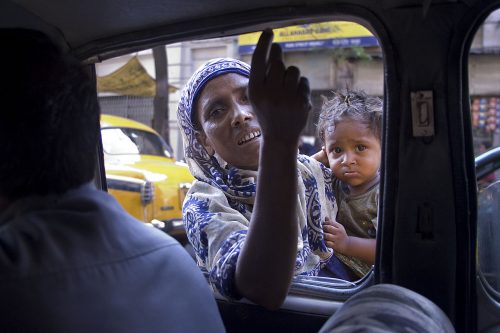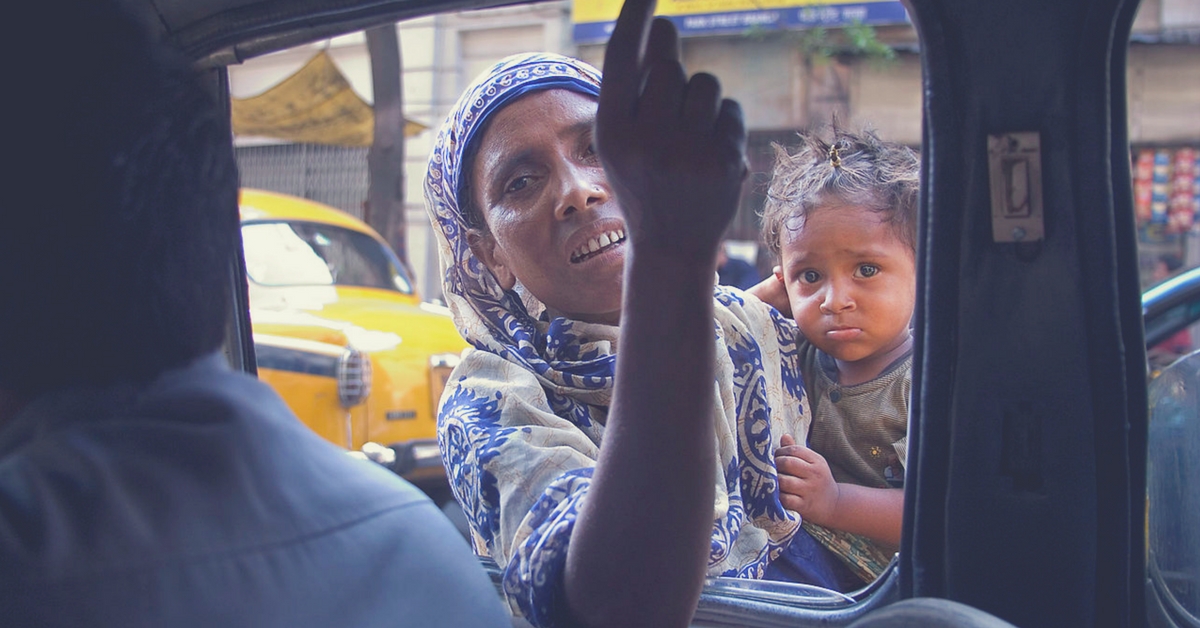In a significant development, the Centre is on the cusp of introducing a law against human trafficking, according to the Times of India. The bill, formulated by the Women and Child Development Ministry, has proposed a 10-year jail term for those engaging in “aggravated forms of trafficking” while repeat offenders will suffer life imprisonment. At the moment, the bill is sitting with the Group of Ministers (GoM), which will take a final call on its provisions.
The bill has identified different ways in which trafficking exists—bonded labour, sexual exploitation (for prostitution), the creation of pornographic content, organ removal and begging.
Among the “aggravated forms of trafficking,” the bill lists out the means through which a person is sent into bondage using violence, coercion, intimidation, the promise of payment, deception and inducement. It also states trafficking after the victim is administered with “narcotics, psychotropic substance or alcohol, or for the purpose or under the pretext of marriage”.
“Whoever commits the offence of an aggravated form of trafficking of a person shall be punished with rigorous imprisonment for a term which shall not be less than 10 years, but which may extend to life imprisonment and shall be liable to fine that shall not be less than Rs 1 lakh,” the bill proposes.
Repeat offenders, meanwhile, will be subject to a life-term, “which shall mean imprisonment for the remainder of that person’s natural life,” in addition to a fine of Rs 2 lakh.

For traffickers involved in the very act of buying or selling another fellow human being, the bill stipulates that they will be sent to jail for anywhere between 7 and 10 years, besides a fine upwards of Rs 1 lakh. There are also provisions against the use various forms of media to conduct their illegal business. Punishment is 7-10 years in prison and a fine of Rs 1 lakh.
Read also: One Call From You Could Save a Child From Human Trafficking. Here’s How
Another significant provision in the bill is the creation of a national anti-trafficking bureau, which will formulate policy, monitor and oversee anti-trafficking operations in coordination with various State agencies and concerned authorities and organisations in other countries to strengthen “operational and long-term intelligence for investigation of trafficking cases”.
Going by the data available with the National Crime Records Bureau, one can witness the sobering reality ahead of authorities. In 2016, the number of human trafficking cases went up by 20%, against the preceding year. There were 8,132 human trafficking cases last year versus 6,877 in 2015.
Read also: Victims of Human Trafficking, These Chhattisgarh Girls Are Now Proud Bakers
“Of the 15,379 victims who were caught in trafficking, 10,150 were female and 5,229 males,” the report states. Experts contend the actual numbers are much higher since many go unreported or lack confidence in seeking police help.
Like this story? Or have something to share? Write to us: contact@thebetterindia.com, or connect with us on Facebook and Twitter.
NEW: Click here to get positive news on WhatsApp!
If you found our stories insightful, informative, or even just enjoyable, we invite you to consider making a voluntary payment to support the work we do at The Better India. Your contribution helps us continue producing quality content that educates, inspires, and drives positive change.
Choose one of the payment options below for your contribution-
By paying for the stories you value, you directly contribute to sustaining our efforts focused on making a difference in the world. Together, let's ensure that impactful stories continue to be told and shared, enriching lives and communities alike.
Thank you for your support. Here are some frequently asked questions you might find helpful to know why you are contributing?

